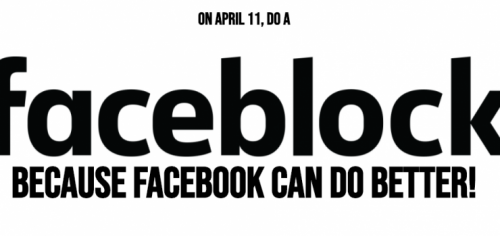By Jill Mehta, Freelance Consultant @ IndusGuru
“THE CITIZENS WILL BE DIVIDED BETWEEN THOSE WHO PREFER CONVENIENCE AND THOSE WHO PREFER PRIVACY” – NIELS OLE FINNEMAN
We all love social media and one can’t probably imagine a life without Facebook, Snapchat, Twitter or Instagram. But the real question is, “How many times has one agreed to privacy terms and conditions while signing up on the web or app without reading it?”
Well, most of us wouldn’t have because either we didn’t understand the complex terms used in there or we were too busy and wanted to straight away jump to the application and its use. So is it the service provider’s duty to simplify this process for us or is it the user’s negligence to the privacy agreements?
In both the cases the users’ data and the users’ privacy are being compromised. There have been a series of incidents reported in the past year across social media platform giants such as Facebook and Whatsapp that involved massive data breach on the respective platforms.
Facebook reported a data breach of 50mn accounts and stated that the attackers used their “view as” feature which enabled users to see how their profile looked to someone else. Facebook was also severely criticized for its dealing with Cambridge Analytica case. One of Cambridge Analytica’s researchers was hired to gather basic information of Facebook users through an app named ‘This is your Digital Life’. This application contained a series of surveys that users had to answer which later would be churned to insightful data. The app claimed to have presented the users the permission to use their data.

There were several negative posts and comments on this data breach. Some users also initiated a campaign called #DeleteFacebook
Brian Acton, the co-founder of Whatsapp was cited as saying that “I sold my users”. He also pointed out that the major conflict of ideas rose when Facebook planned to monetize the messaging app Whatsapp. (Whatsapp was sold to Facebook in 2014 for $22bn)
Whatsapp was also trapped in multiple cases of data insecurity and intractability of fake messages on its platform. Whatsapp was used by some unethical people for mob lynching activities in India. There were several unidentified rumors that were spread through this messaging app that has caused the death of many innocent Indian people. The issue had aggravated which pushed Whatsapp officials to visit India and take immediate corrective plans to curb the effect of fake news peddling on their app.
Whatsapp introduced a tracking system to allow users to identify that the message sent is a forwarded one hence allowing them to know that the message may not be completely reliable. Also they introduced an option to ‘spam’ a message wherein if multiple users mark the message as spam it will be removed from the system and reported further. They also rolled out a grievance team to cater to users complaints regarding offensive text and visuals created through the app.
What is the government doing about this?
The government is gearing up to introduce data localization norms where companies need to set up their data centre units in India.
Government also wants to set up a communication hub but critics say that it would lead to micro management. Also it violates the right to privacy if the companies are allowed to trace back the messages and read users accounts.
SOME MEASURES FOR ALL
1. Data privacy norms should be detailed out by the government.
2. Users should be more careful with their passwords and sharing them across their groups.
3. Users should take personal responsibility for something they sign up i.e. read the privacy and security terms before check boxing “I agree”
4. Social Media pages should simplify their privacy norm texts to make it easier for the common man to understand in one shot what they’re getting into
#facebookbreach #cambridgeanalytica #cybersecurity #databreach
Disclaimer: The opinions expressed in this column are that of the writer. The facts and opinions expressed here do not reflect the views of IndusGuru Network Partners